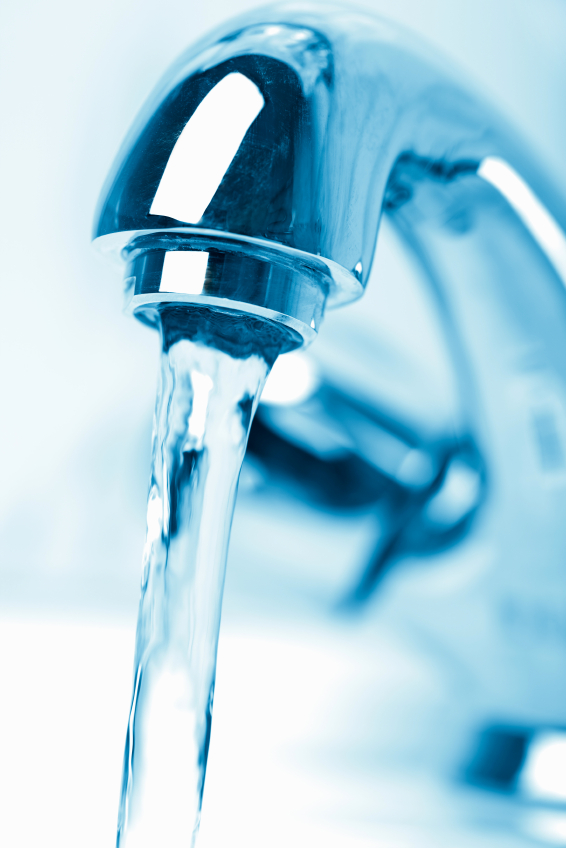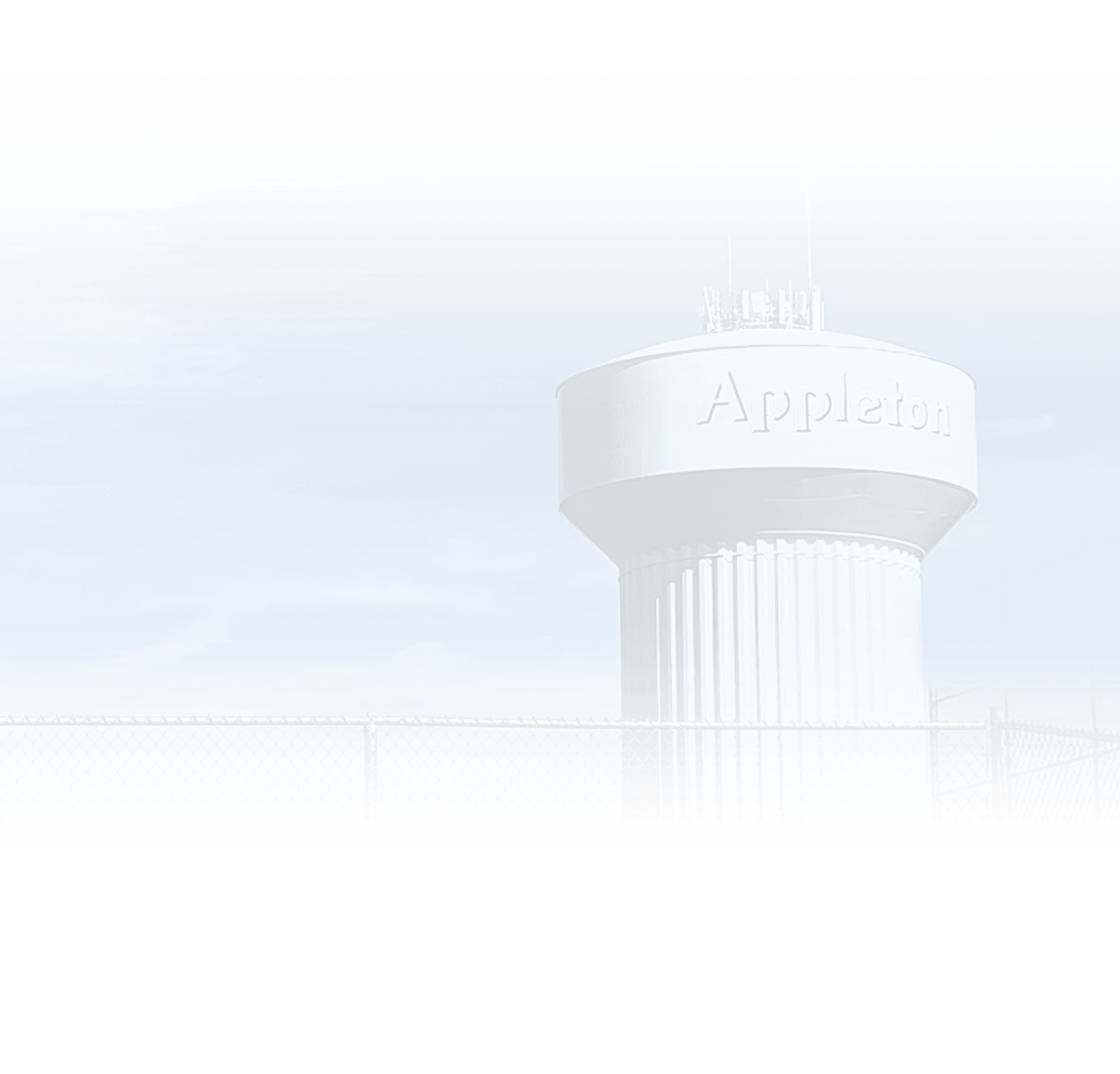
A leaking faucet may seem like a minor problem; however, more issues will develop the longer you allow the faucet to leak. The steady drip of water not only creates an irritating sound, but it can also have significant consequences for your home and your wallet. A leaking faucet that drips water once per second wastes approximately 3000 gallons of water annually and will add an extra $20 to your water bill each month.
Moreover, the constant moisture can lead to the deterioration of your plumbing fixtures by causing staining and corrosion, which will lead to damage that may necessitate plumbing repairs or replacements. A minor leak can also escalate into a more significant issue, resulting in a steady stream of water that is harder to control and poses an even greater risk of property damage. Whether you need to fix a worn-out washer, repair a faulty valve, or resolve a more complex plumbing problem, quickly attending to the leak is paramount.
Turn Off the Water Supply
Begin by identifying the water shut-off valve near the faucet. For sinks, you will find both hot and cold water valves underneath. Turn both of these valves off for good measure. If there is a reason you cannot locate the shutoff valves near the faucet, shut off the main water supply. This step is crucial in preventing any additional damage or water waste.
Interview the Plumber Before Hiring Them
Before having a plumber repair the leak, it is vital that you ask some essential questions to make sure you are hiring the right individual for the job. When interviewing the plumber, you want to ask about licensing and insurance to make certain that workers have the necessary experience, and you want to make sure there is adequate insurance to protect workers if they should get injured while working.
You will also want to know how the company will protect your assets in the event any of your possessions are damaged during the repair. Ask about the company’s warranty or guarantee. Plumbers who provide top-quality services will have no problem standing behind their work with a warranty or guarantee. Inquire about whether all workers are background checked, and do not hesitate to ask for local references.
Interviewing plumbers may seem like a significant amount of work, and you may feel uncomfortable asking many questions; however, it is important to remember that your home is one of your largest investments, and you want to protect it by only hiring quality people performing the repairs. We understand this, hence the reason we are not opposed to any questions you may have.
Provide a Detailed Description of the Problem
If you have a faucet leaking in your home, it is important to provide a detailed explanation of the problem to our professional plumbers. By articulating the situation accurately, you enable them to fully comprehend the issue and devise an appropriate solution. You will need to provide specific information about the leak, such as its location and intensity. Some pertinent questions our plumbers may ask are:
- Is there water dripping from the spout or leaking around the base of the faucet?
- Are there any unusual noises, such as persistent dripping or hissing sounds?
- Do you notice water pooling near the affected plumbing fixture?
- Are there visible signs of rust or staining on the faucet?
The more comprehensive and precise your explanation, the better equipped our plumbers will be to address the leaky faucet promptly and efficiently.
Prepare the Work Area for the Plumbers
The next step to fixing a leaking faucet is to establish an environment that allows a plumber to work effectively. Take a thorough look at the space surrounding the faucet, and identify any objects or clutter that might obstruct the plumber’s path or limit their ability to maneuver comfortably. It’s essential to clear away items, such as cleaning supplies, decorative items, or personal belongings, near the faucet because these will only get in the way.
In addition to removing clutter from the area where the faucet is leaking, it is important that you ensure the water shutoff valve is easily accessible to the plumber, as they may need to access it during the repair process. If your main shutoff valve is in your utility closet or laundry room and you use these areas for storage, declutter the space and allow a clear path.
It is also vital to ensure the plumber has adequate space to work. Consider the space required for a plumber’s toolbox, replacement parts, and other materials that the plumber may need to complete the job, and make sure there is sufficient room for spreading them out.
By eliminating potential obstructions, you make the plumber’s job easier. You will save the plumber time and effort during the repair process, allowing the plumber to focus on diagnosing and fixing the leak rather than having to spend time clearing a space to work.
Helping the Plumber During the Visit
While the plumber is visiting your home, there are some things you can do that will make their job easier. Keep pets and children away from the areas where your plumber will need to work. Even if your plumber loves children and animals, it is best to keep them out of the way because they can pose safety hazards. Have the children and animals play in a separate room or send them outside to play if the weather permits. Furthermore, be nearby in case the plumber needs to ask questions. Some questions that the plumber may need to ask you during the visit may include:
- When did you first notice the leak?
- Will you be opposed to having a new fixture installed if this is necessary?
- What sort of replacement faucet do you want?
Discuss Repair Options
When we finish inspecting the faucet, we will advise you about all available repair options. We will talk through each option with you in detail, explaining the materials that we will need to use along with the associated costs. We will also outline the benefits and drawbacks of each option we propose. Our job is to help you make the most informed decision.
While discussing repair options, do not be afraid to be the student and learn everything you can. Feel free to ask in-depth questions about different materials and the process for completing each repair option. You can even get curious and ask questions, such as:
- What is the worst thing that can happen if I delay the repair?
- What caused the leak to occur?
- Is there anything I can do to prevent future leaks?
Remember, the discussion with the plumber is a collaborative process. Your input, concerns, and preferences are essential.
Contact Us Today!
AtBlack-Haak in Greenville, Wisconsin, we specialize in plumbing repairs, drain cleaning, and drain repairs. Our knowledgeable team also provides heating, cooling, and water softener services solutions. Contact Black-Haak today to see how we can best help you.

